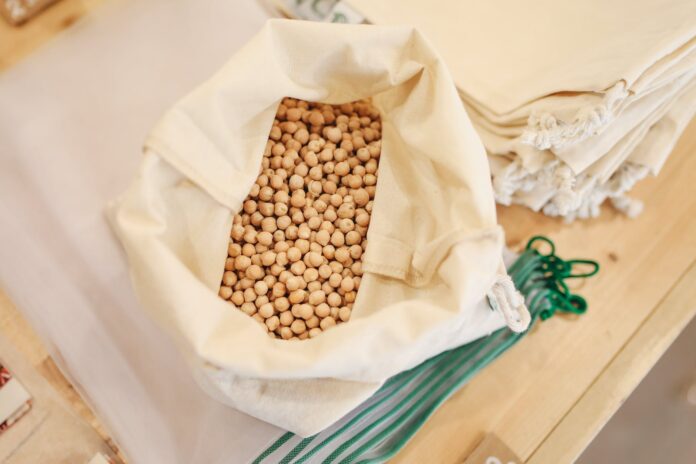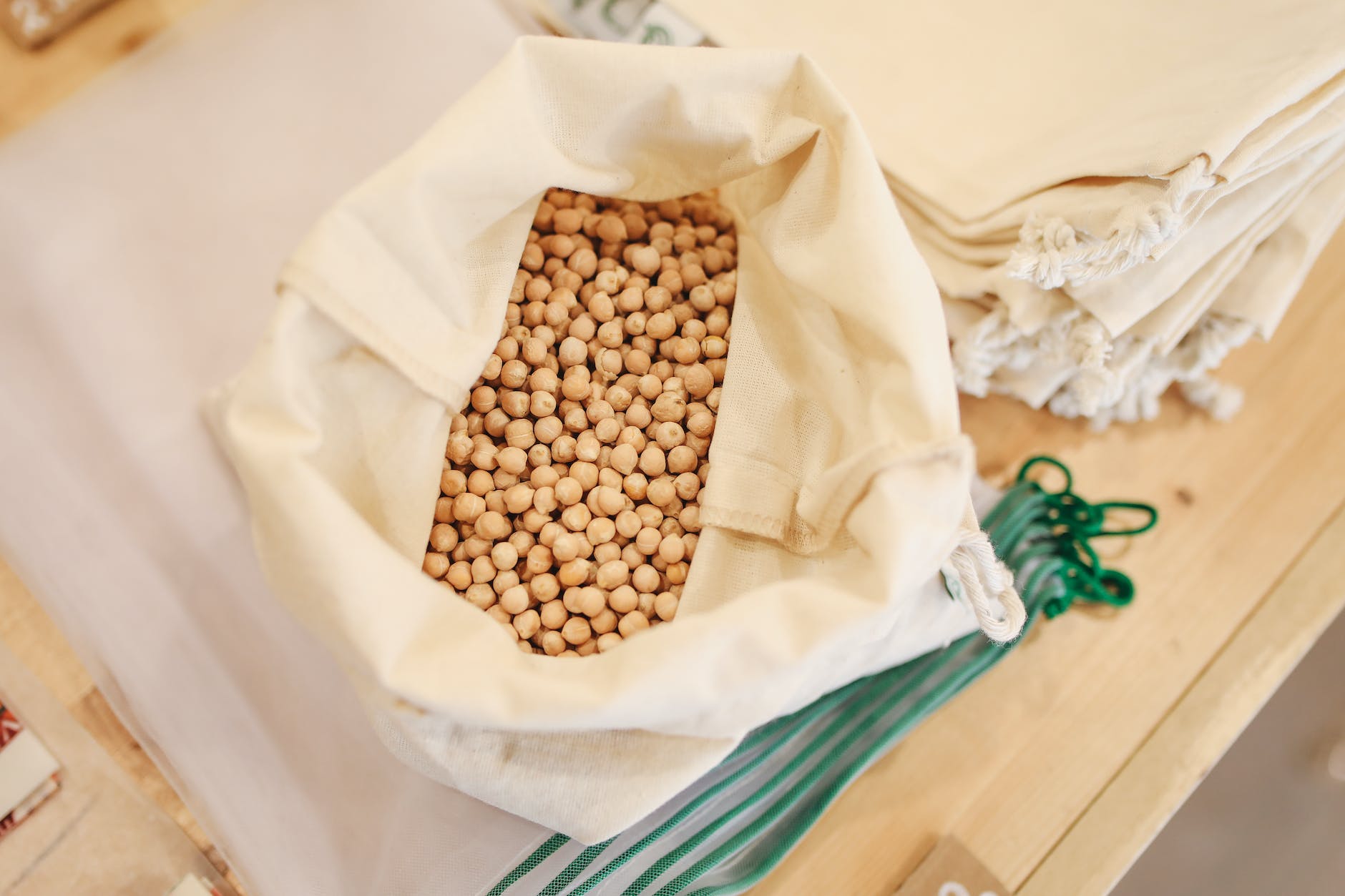

Chickpeas, also known as garbanzo beans, are not just a staple in Middle Eastern and Indian cuisine; they are a powerhouse of nutrition. Consuming just half a cup of chickpeas can contribute to a multitude of health benefits, particularly for your heart, gut, and weight management efforts. Let’s delve into the major advantages offered by this modest amount of chickpeas.
Heart Health Hero
Chickpeas are loaded with nutrients that are beneficial for heart health. A half-cup serving of chickpeas offers:
- Fiber: Chickpeas are rich in soluble fiber which helps to lower LDL cholesterol (the “bad” cholesterol) levels, thereby reducing the risk of heart disease and stroke.
- Potassium: This mineral aids in regulating blood pressure by balancing out the negative effects of salt.
- Magnesium: An essential mineral that plays a crucial role in heart health by maintaining a healthy heartbeat and preventing the calcification of arteries.
Incorporating chickpeas into your diet can be an effective strategy in protecting your heart and ensuring the circulatory system functions optimally.
Gut Health Guardian
The fiber in chickpeas not only benefits your heart but is also a prebiotic, providing a food source for the beneficial bacteria in your gut. Here’s how half a cup of chickpeas can boost your gut health:
- Dietary Fiber: The high fiber content in chickpeas aids in promoting regular bowel movements and preventing constipation.
- Prebiotics: The non-digestible carbohydrates in chickpeas act as food for probiotics, helping to maintain a healthy balance of gut bacteria.
By nourishing your gut flora, chickpeas help enhance your digestive health and may even boost immune function.
Weight Management Wonder
Those looking to manage their weight will find chickpeas to be an excellent food choice. Here’s why:
- Protein: Chickpeas contain a good amount of plant-based protein that can help in building muscle and repairing tissue. Protein is also known for its ability to induce satiety and reduce hunger levels.
- Low Glycemic Index: Because chickpeas have a low glycemic index, they are digested slowly, which helps in maintaining stable blood sugar levels and preventing spikes that can lead to increased hunger and overeating.
- Calorie Control: With their combination of fiber and protein, chickpeas can help in controlling your calorie intake by making you feel full with relatively few calories.
In essence, chickpeas can be a valuable addition to a calorie-controlled diet and may assist in long-term weight management goals.
How to Incorporate Chickpeas into Your Diet
- Snack on roasted chickpeas instead of high-calorie, processed snacks.
- Add chickpeas to salads, soups, and stews for an extra protein and fiber boost.
- Puree chickpeas to make hummus for a healthy dip or sandwich spread.
- Use chickpea flour in your baking to add nutrition to breads, pancakes, or muffins.
Conclusion
Just half a cup of chickpeas can help in promoting heart health, improving gut function, and aiding in weight management. Thanks to their versatility, it’s easy to incorporate chickpeas into your daily diet. Enjoy this nutrient-dense legume in various forms and reap the health benefits that follow.
